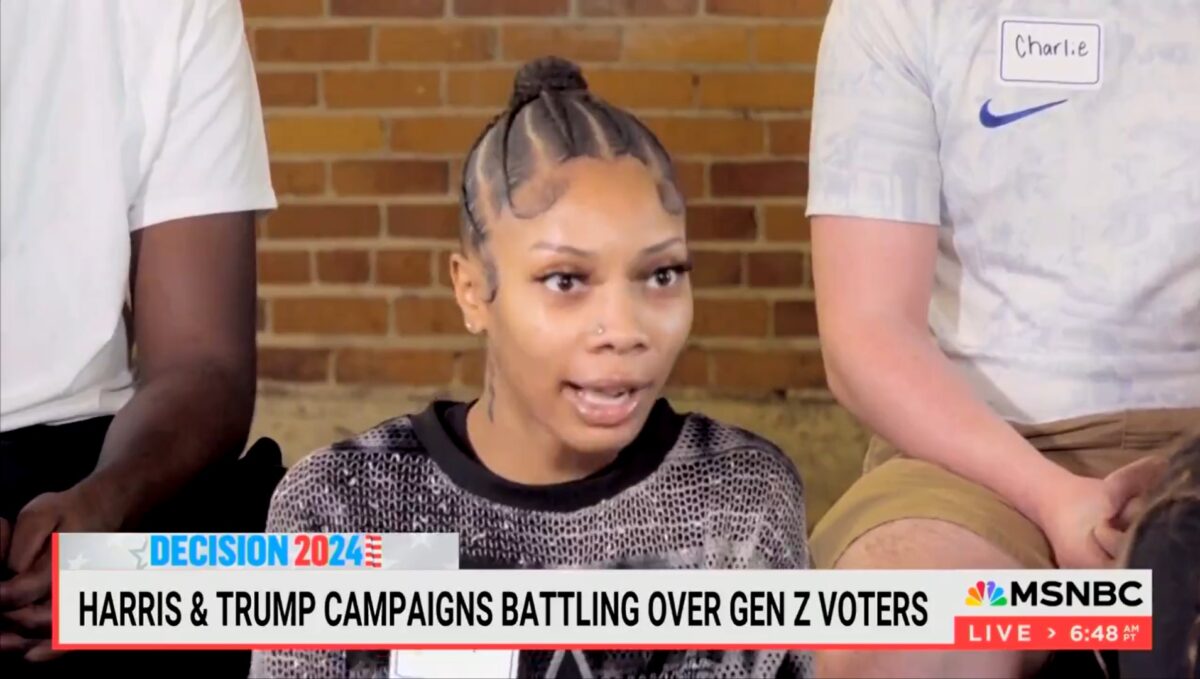In a recent televised session, MSNBC’s attempt to gauge public opinion through a focus group took an unexpected turn. What was meant to be a straightforward discussion about political dynamics morphed into a lively—and sometimes chaotic—exchange that has set the internet abuzz. The network aimed to capture the pulse of the nation by assembling a diverse group of participants, but things quickly spiraled as many attendees openly challenged the narratives presented by the channel.
The Aim: Understanding Public Sentiment
The primary goal of this focus group was to delve into public sentiment regarding the upcoming election and pivotal political issues. By gathering voters from various backgrounds, MSNBC hoped to highlight a range of perspectives that would ideally align with its editorial stance. However, the plan backfired when several participants began voicing critiques about what they perceived as biased reporting and selective coverage. Instead of simply sharing their views on current events, they turned their attention back on MSNBC itself.
Participants Voice Discontent
Tensions rose sharply as discussions progressed. Participants expressed strong grievances over what they saw as misrepresentation by the network, questioning how topics were framed and why certain issues were prioritized over others. One participant’s pointed remark about feeling “misrepresented” struck a chord with others, resulting in an uproarious chorus of agreement that disrupted the intended flow of conversation. The moderators found themselves struggling to regain control amidst rising emotions and passionate dissent.
Credibility Under Fire: Media Skepticism Grows
The reactions within this focus group revealed a glaring disconnect between media portrayals and public perception. Clips from the session quickly circulated on social media platforms, igniting debates about whether media outlets act as neutral conduits for information or if they’re pushing specific agendas instead. For MSNBC, this incident raises serious questions about its credibility and effectiveness in engaging with its audience.
This situation highlights growing skepticism toward mainstream media—a sentiment that audiences are increasingly vocalizing. Many feel marginalized or misrepresented by news narratives that don’t reflect their realities. As such, this moment serves as an important wake-up call for not just MSNBC but for all media outlets striving to maintain integrity in their reporting.
Navigating Trust in Today’s Media Landscape
The focus group fiasco underscores how vital it is for networks like MSNBC to foster trust through transparency and inclusivity in their interactions with viewers. As news consumers become more discerning—demanding authenticity over manufactured narratives—media organizations must carefully navigate these waters. This incident stands as a reminder of the power dynamics at play within journalism and emphasizes how crucial it is for media outlets to bridge gaps rather than create echo chambers that only reinforce predetermined viewpoints.
As audiences continue seeking genuine reflections of diverse opinions, it’s evident that modern journalism faces mounting pressure to adapt and evolve in order to regain trust among viewers who feel overlooked or misunderstood.


Leave a Comment